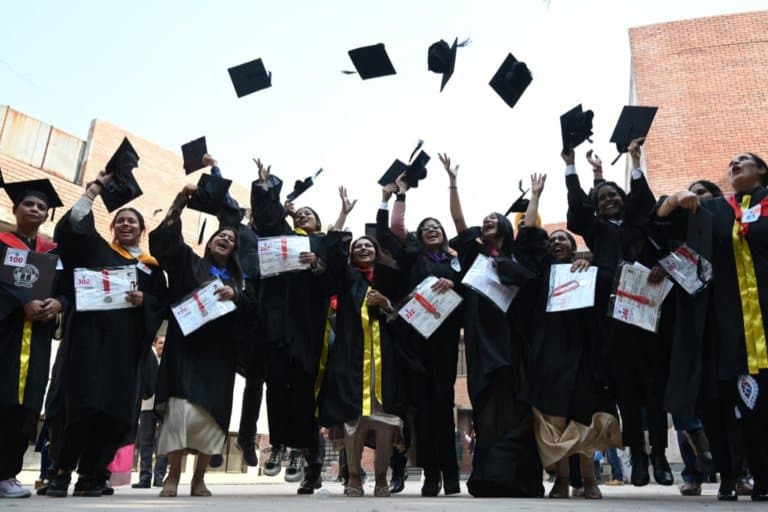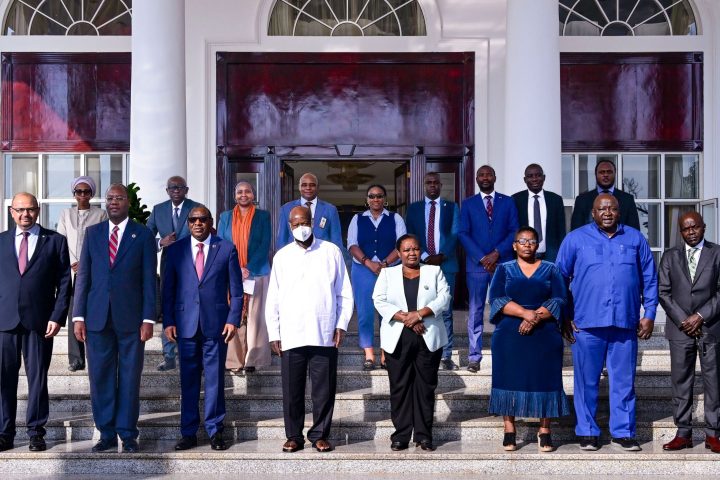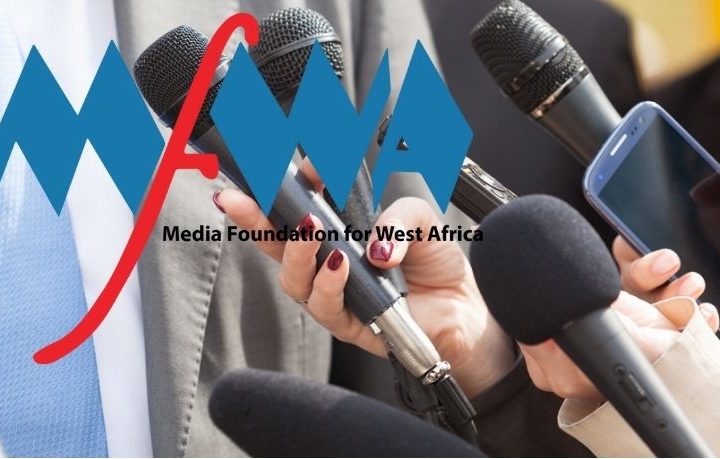The USA is one of the top destinations for international students due to its prestigious universities, diverse cultural environment, and a wide range of scholarship opportunities. There are several questions international students ask about studying in the USA, this article attempts at providing answers to some of them.
This article provides details on:
-
Ongoing scholarships
-
Eligibility criteria
-
Living standards
-
Visa processes
-
Top courses
-
Job opportunities for international students.
Ongoing Scholarships in the USA
- Fulbright Foreign Student Programme: This program offers scholarships for international students who want to pursue a Master’s or PhD in the USA. It covers tuition, airfare, a living stipend, and health insurance.
- Hubert H. Humphrey Fellowship Programme: Provides a year of professional enrichment in the USA for experienced professionals from designated countries. It includes tuition, a stipend, and other benefits.
- American University Emerging Global Leader Scholarship: Targets high-achieving international students who wish to pursue a Bachelor’s degree and demonstrate leadership potential and a dedication to community service.
- Joint Japan/World Bank Graduate Scholarship Programme: Available for students from developing countries who wish to pursue development-related courses. It includes tuition, travel costs, and a monthly living stipend.
- Rotary Peace Fellowships: Offers scholarships for professionals to earn a Master’s degree in peace and conflict resolution. It covers tuition, fees, travel expenses, and internship opportunities.
Requirements and Eligibility
Each scholarship has specific requirements, but common criteria include:
Join our WhatsApp Channel- Academic Excellence: High GPA, strong performance in standardized tests (GRE, GMAT, SAT, etc.).
- Leadership Potential: Demonstrated through extracurricular activities, volunteer work, or professional experience.
- Language Proficiency: Proof of English proficiency (TOEFL, IELTS).
- Field of Study: Some scholarships are specific to certain fields like science, technology, engineering, and mathematics (STEM), social sciences, or development studies.
- Country of Origin: Certain scholarships are designated for students from specific regions or countries.
Living Standards in USA
The cost of living in the USA varies significantly depending on the city and lifestyle. Major expenses include:
- Accommodation: Ranges from $500 to $1,500 per month depending on location.
- Food: Monthly grocery bills can range from $150 to $300. Dining out costs more.
- Transportation: Public transport is affordable in cities ($70 to $120 per month), while owning a car includes insurance, gas, and maintenance costs.
- Health Insurance: Mandatory for students, averaging $500 to $1,000 per year.
- Utilities and Internet: Around $100 to $200 per month.
Getting the USA Visa
To study in the USA, international students typically need an F-1 visa
READ ALSO: US International Students: What You Need To Know About F-1 Visa
The process involves:
-
Acceptance by a SEVP-Approved School: Obtain an I-20 form.
-
Pay the SEVIS Fee: $350 for F-1 applicants.
-
Complete the DS-160 Form: Online nonimmigrant visa application.
-
Visa Interview: Schedule and attend a visa interview at the nearest US embassy or consulate.
-
Supporting Documents: Include the I-20 form, DS-160 confirmation page, visa appointment confirmation, passport, financial evidence, and proof of intent to return to your home country.
Best Courses in the USA
The USA offers world-class programmes across various disciplines. Some of the most sought-after courses include:
- Computer Science and IT: Known for cutting-edge research and high employability.
- Business and Management: MBA programs from institutions like Harvard, Wharton, and Stanford.
- Engineering: Particularly in fields like Electrical, Mechanical, and Civil Engineering.
- Medicine and Life Sciences: Prestigious medical schools and research opportunities.
- Social Sciences: Economics, Political Science, and Psychology.
Job Opportunities
Post-graduation, international students can take advantage of:
- Optional Practical Training (OPT): Allows students to work in their field for up to 12 months (24 months for STEM graduates) after completing their studies.
- Curricular Practical Training (CPT): Permits work experience during the course of study.
- H-1B Visa: For specialized occupations, often sponsored by employers.
Conclusion
Studying in the USA presents a promising avenue for academic growth and career advancement. Scholarships make education accessible, and understanding the living standards, visa requirements, top courses, and job opportunities can help international students navigate their journey successfully.


















Follow Us